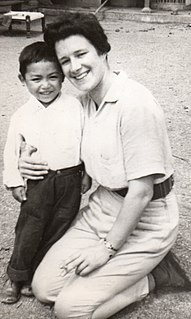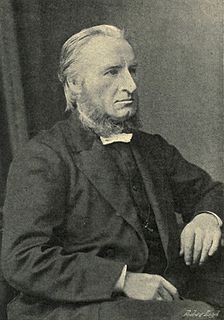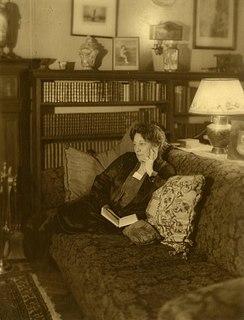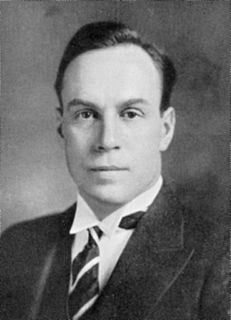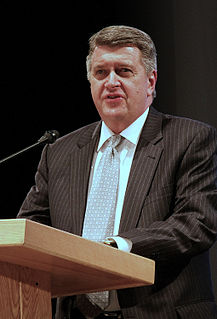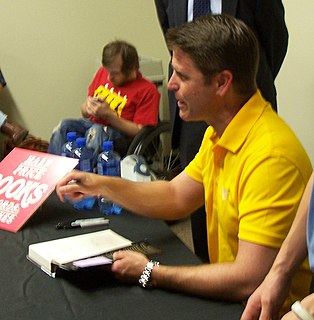A Quote by Charles Spurgeon
A true prayer is an inventory of needs, a catalog of necessities, an exposure of secret wounds, a revelation of hidden poverty.
Related Quotes
True prayer is done in secret, but this does not rule out the fellowship of prayer altogether, however clearly we may be aware of its dangers. In the last resort it is immaterial whether we pray in the open street or in the secrecy of our chambers, whether briefly or lenghtily, in the Litany of the Church, or with the sigh of one who knows not what he should pray for. True prayer does not depend either on the individual or the whole body of the faithful, but solely upon the knowledge that our Heavenly Father knows our needs.
'The Last Patriot' is set in the present day but is based upon the premise that the Prophet Mohammed had a final revelation, he shared it with his disciples, and they killed him to keep it hidden and out of the Qur'an. If this missing revelation can be found, its impact on the world will be incredible.



